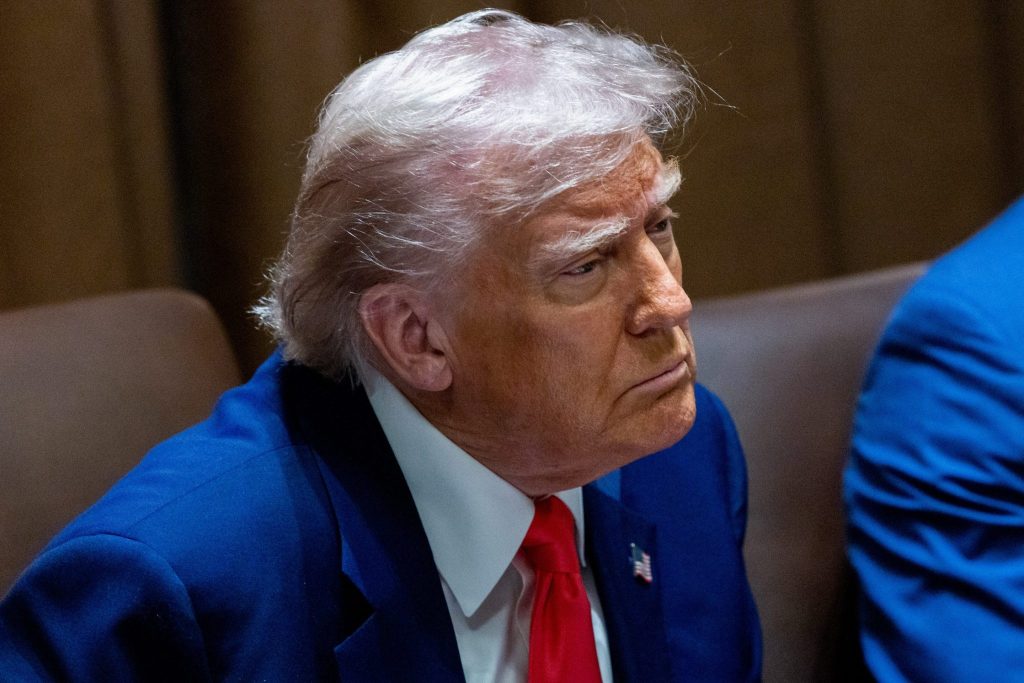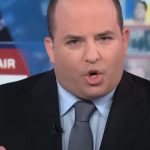- In today’s CEO Daily: Geoff Colvin on the paralysis that sets in when the rules of the game keep changing.
- The big story: Trump might give the automakers a break on tariffs.
- The markets: Moving up.
- Analyst notes from Oxford Economics on mass deportations, JPMorgan on recession, EY on stagflation, and Wedbush on Apple.
- Plus: All the news and watercooler chat from Fortune.
Good morning. CEOs have long told Fortune that if they know the rules, they can play to win, but they can’t do it if the rules keep changing. So what on earth should they do now?
History can’t tell us. The past six days of tumultuous tariff whipsawing are unprecedented in U.S. history. It’s already hard to believe: Last Wednesday, President Trump imposed the heaviest tariffs the U.S. had levied since 1909, but only 12 hours later he “paused” them, leaving a universal 10% tariff, except on China, which faced a 145% tariff. Then, late Friday night, the administration announced it was reducing the Chinese mega-tariff, at least for smartphones (including Apple’s iPhones), computers, and other electronic equipment made in China. But two days later, it appeared those products would be subject to higher, unspecified tariffs. Trump posted, “Nobody is getting off the hook.”
As of yesterday afternoon, Trump was considering tariff exemptions for imported vehicles and parts. Tomorrow, heaven knows.
Business leaders desperately need to make significant responses to this environment, but how? The environment changes profoundly by the day. As KPMG’s U.S. supply chain leader Mary Rollman observes: “Almost every client I talk to has a war room. They get a team spun up, and the members have completely dropped their day job. Their job now is to watch the news and see what comes out next, and quickly be able to present to leadership.” However, most are not actually rearranging huge swaths of their business. By and large they are “working internally to model options and scenarios but not making major changes,” she says.
That stance is prudent but also a big problem. Every day that companies are frozen in place, the economy weakens. It’s especially true now because adapting to a radically new trade regime will be a long-term project. “These are not short-term decisions,” says Abe Eshkenazi, CEO of the Association for Supply Chain Management. “You can’t redirect the entire supply chain in six months. These are years in the making.” Yet companies so far can’t even start that project.
Another problem: The administration is rapidly losing its credibility with business leaders. The longer the trend carries on, the more likely it becomes that companies will respond to the new environment slowly and timidly. As a result, economic growth could slow, setting off a self-reinforcing downward spiral.
Bottom line, companies are playing defense, not offense, and it’s hard to win that way. Frustratingly, that’s about all they can do. Maybe the best advice for business leaders right now? Watch closely, do little. The time for action will come.
More news below.
Contact CEO Daily via Diane Brady at diane.brady@fortune.com
This story was originally featured on Fortune.com







